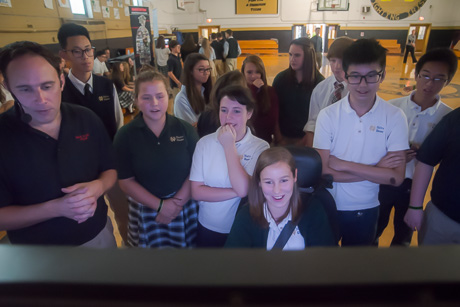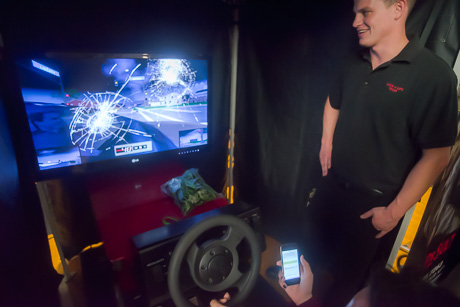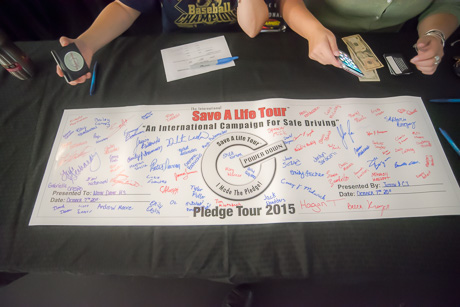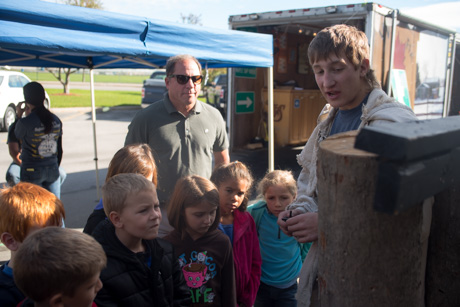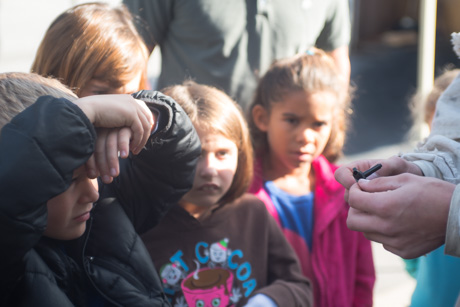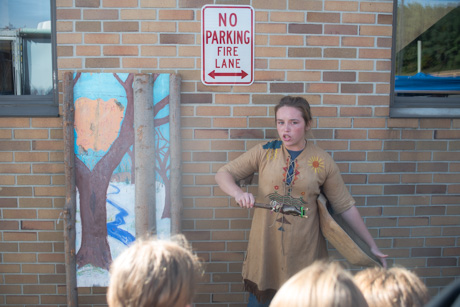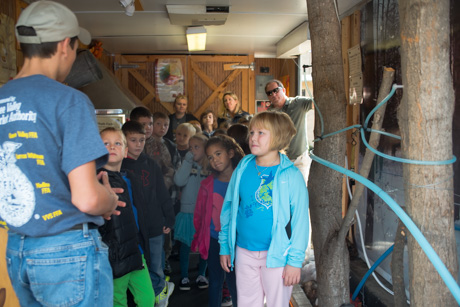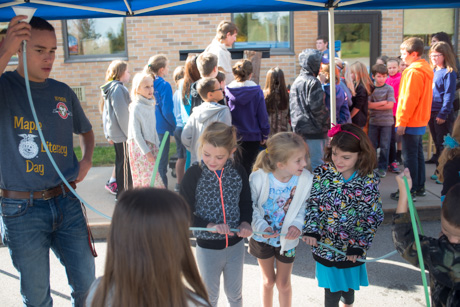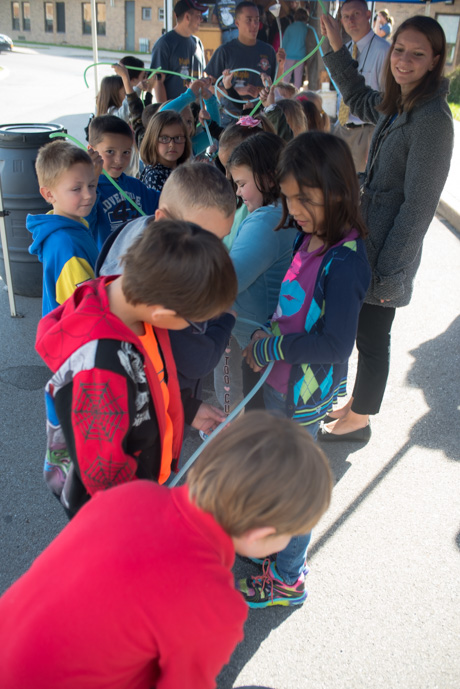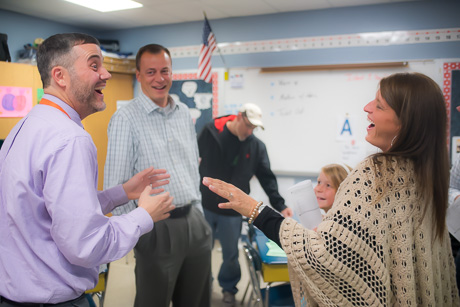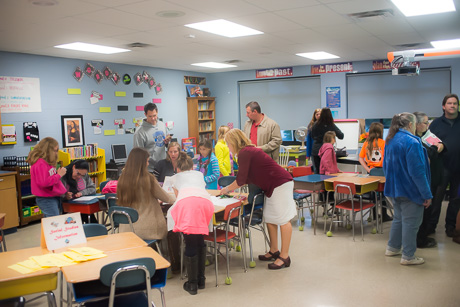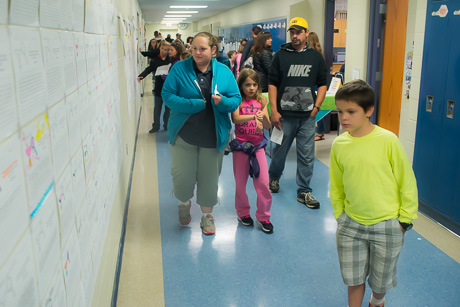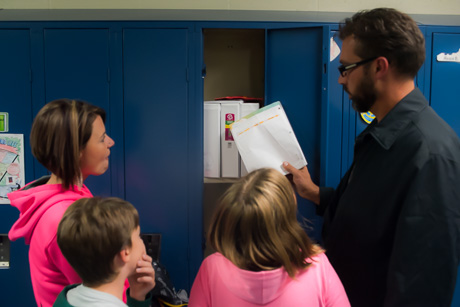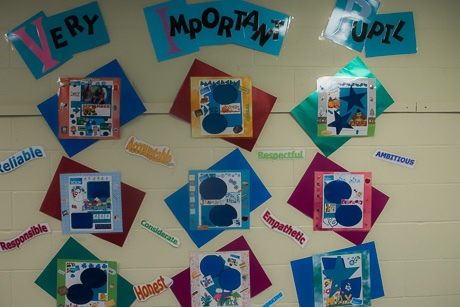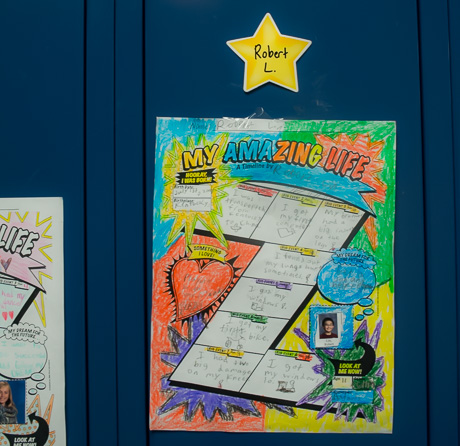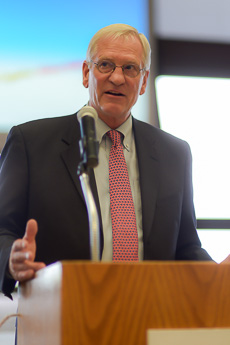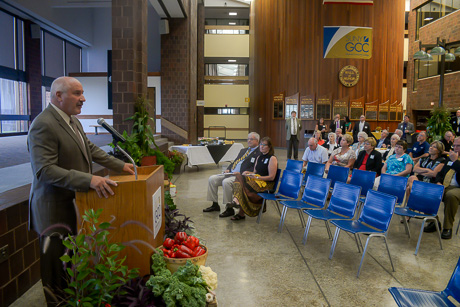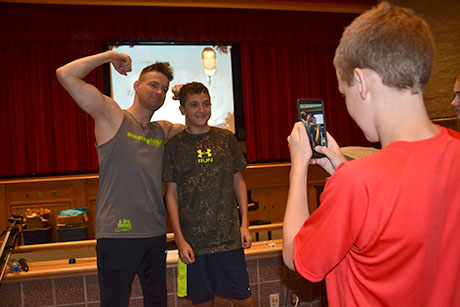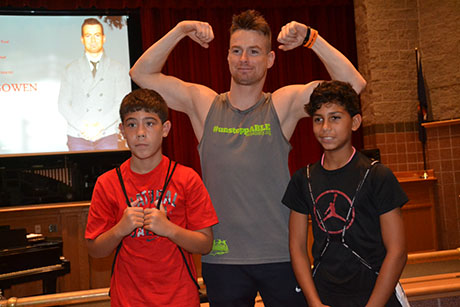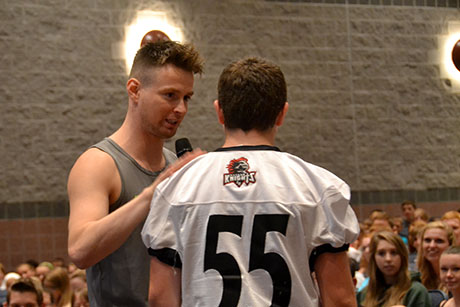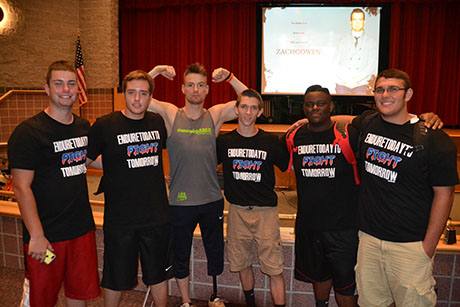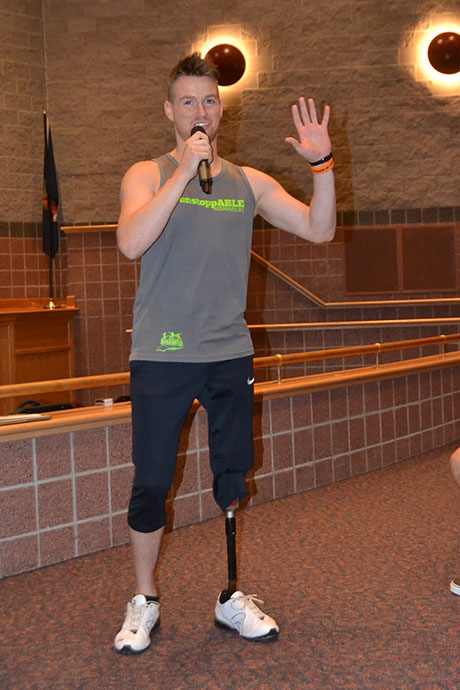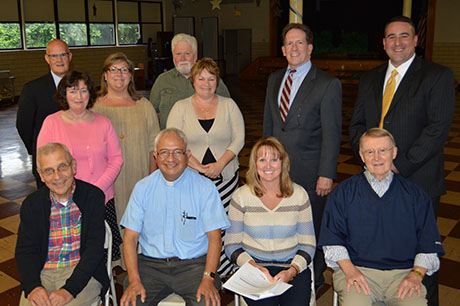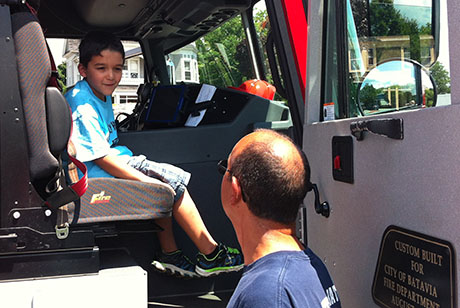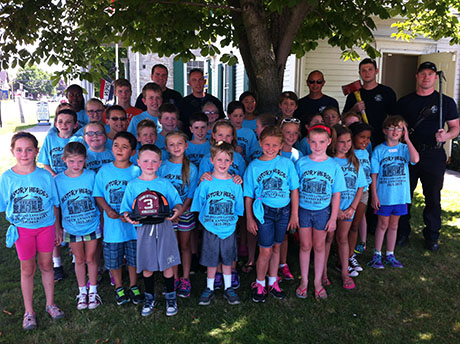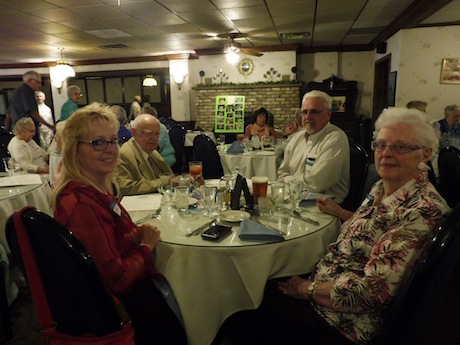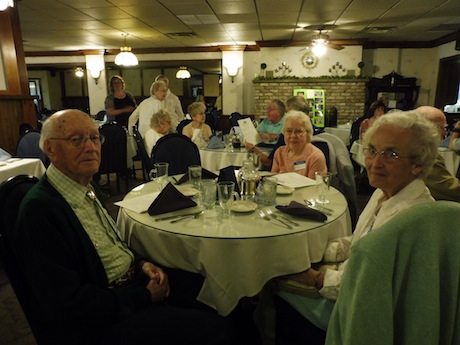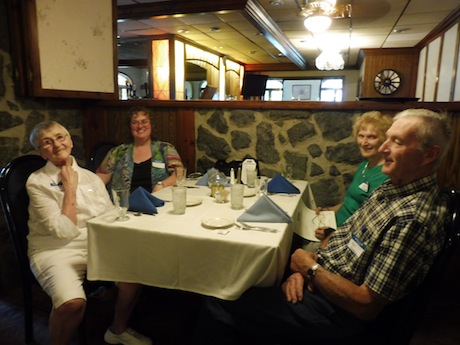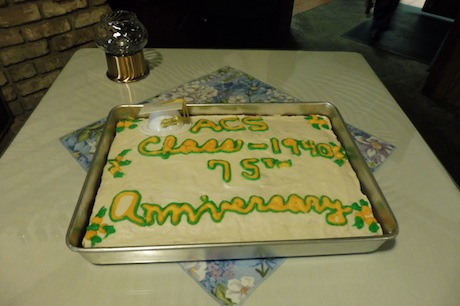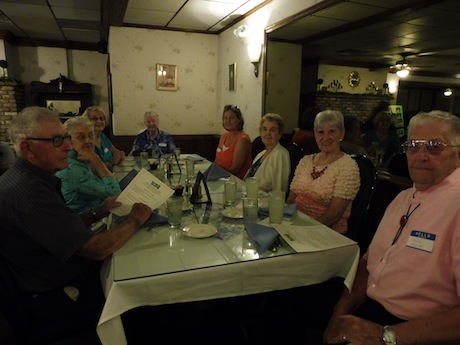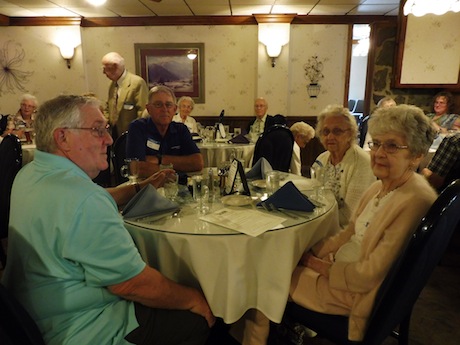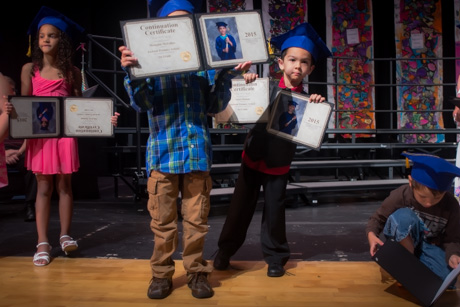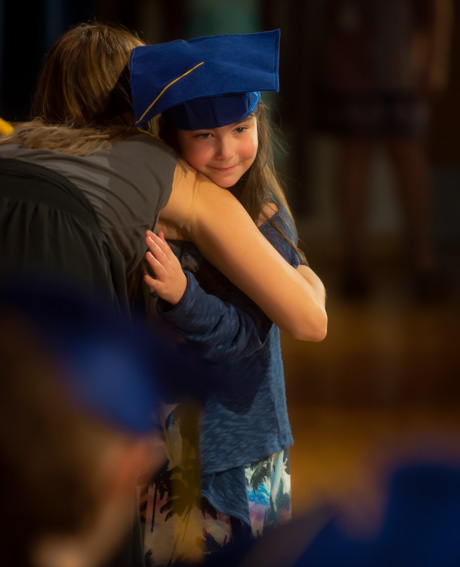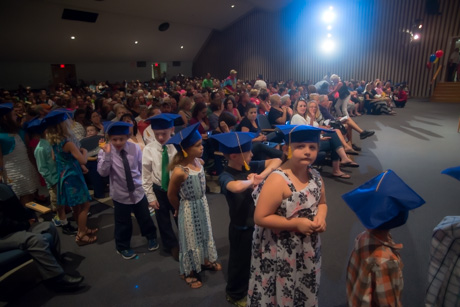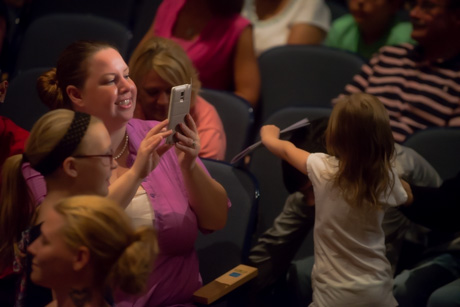A nonprofit corporation called We R 3C a has devised a curriculum using different techniques to teach students the value of respect and skills needed to create caring communities.
Robert Purifico, president of We R 3C, and Bart Dentino, program founder, believe school administrators are looking under the wrong rock when it comes to teaching students character education and development. As an alternative to many of the behavior programs that are based on extrinsic forms of motivation such as rewards, Purifico and Dentino, who both come from educational backgrounds, launched the We R 3C curriculum.
It focuses on developing pro-social behaviors through intrinsic motivation. The goal is to teach students to develop an understanding of values such as respect, empathy and forgiveness. According to Dentino, once students are able to understand and find the value in one another, they will become intrinsically motivated and sincere in their demonstrations.
“Kids learn pro-social behaviors, understand it and do acts of kindness, not for a reward, but because it is an appropriate concrete operational social behavior that they demonstrate 365 days a year,” Purifico said.
The foundation of the curriculum is based on the work of three psychologists, Jean Piaget, Lawrence Kohlberg and Benjamin Bloom. Using principles from their research, the process-based curriculum moves students through the moral stages of development from the egocentric stage to the concrete operational stage.
The first part, "beginnings," teaches children in kindergarten through second grade how to start considering the world outside their ego. The lessons teach the children to think about others around them.
The second part teaches students in grades three through 12 how to understand the value in someone and demonstrate it in the community. The curriculum is divided into five themes, which include the meaning of respect, fixing a problem, self-respect, bullying and communities within communities. Each theme has several lessons and the lessons are broken into approximately 30 learning blocks. In the learning blocks, all of the presentations and activities are written out for teachers.
Dentino has taught several piloting lessons at Elba Central School District.
Dentino recalls talking about a bully during a learning block he taught to a fifth-grade class. He started off the conversation by asking the class what they knew about the boy who was bullying the students. The students shared that his mom works two jobs and his dad is a truck driver who he only sees two weekends a month. Dentino then asked the students how the boy felt and they mentioned how he really missed his dad.
"I looked at one of the girls in the back and she had her head down and I asked her what's the matter," Dentino said. "She responded I feel so sad for him."
From discussing the situation, the students began to empathize with the boy and that understanding made it easier to forgive him. To heal the relationship with the boy, Dentino told the class they had two weeks to let him know he matters.
When Dentino came back, the students shared their stories. One student told of an experience he had with the boy while playing baseball during gym class.
"When the boy came to the plate the student yelled to the pitcher 'you better pitch well to him because he is a really good hitter,' " Dentino said. "This student didn't get a reward for saying it. It was intrinsically motivated behavior to demonstrate kindness to someone whose only relationship to him up to that point was the boy hurting him."
The curriculum has also proven to be beneficial for students at the Lyndonville Middle-High School in grades seven through 12 last school year. Superintendent Jason Smith has received positive feedback from both teachers and students.
"The students thought the curriculum was well needed and the lessons were well run, Smith said. "Students were anxious to have conversations about value, respect and community and teachers commented the lessons proved to be effective as well."
Principal Aaron Slack believes the curriculum is less procedural and rule-based like some other behavior programs. Students learn important skills they can use beyond the classroom.
"The curriculum teaches students how to value others and to look at differences in others as an asset," Slack said.
Due to the success of the curriculum at the middle and high school levels, the district will start using the curriculum at the elementary school level in September.
Dentino's goal is to raise awareness for the curriculum and gauge the interest of as many educators as possible. He is currently working on full implementation of the curriculum at Elba Central School District. School districts that are interested in implementation receive an extensive training workshop and all the curriculum materials.
In addition to New York, Purifico is working on implementing the program in New Jersey and Tennessee. Purifico hopes the curriculum will be used as a character educational tool in schools nationwide in the future.
